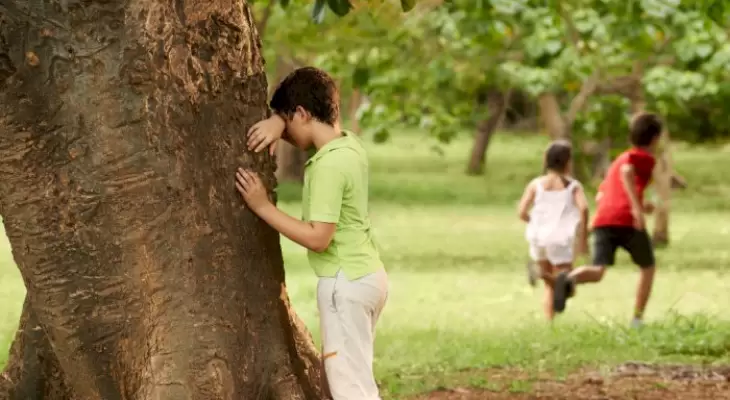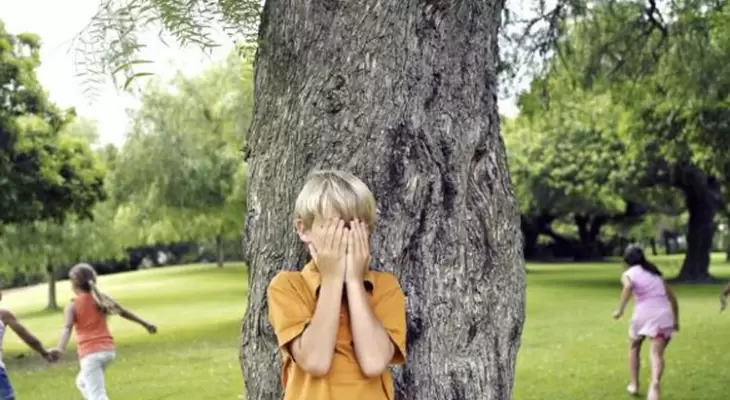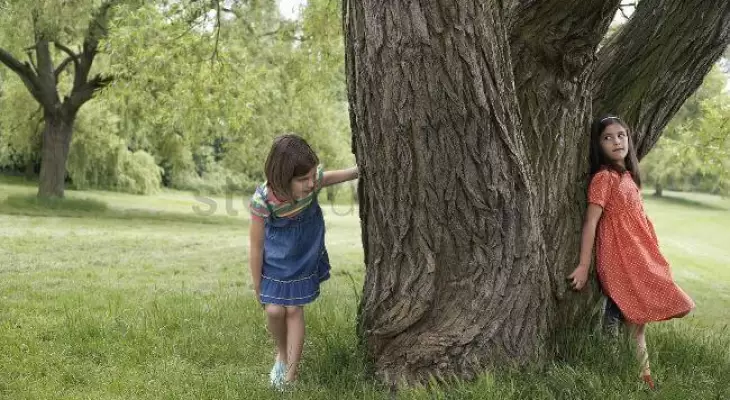Petak Umpet Betawi, a Hide and Seek Indonesian Traditional Game

Holiday Ayo - The game of petak umpet can be said as one of the traditional games that are not eroded by time as well as the traditional games of jumping rope and kite.
This game of actually not only played by children in Indonesia. Hide and seek is thought to have originated in Greece when the Greek writer Julius Pollux described it through his writings in the 2nd century BC.
This game that is played by two or more people is often played when we are still in elementary school.
How to play this game is indeed very easy, where one of the players in charge of looking for a friend must close his eyes and count while the other players look for a place to hide until the seeker finishes counting.
But because every country has different cultures, hide and seek also has different versions and regulations for each country.

For example, in Indonesia, the hide-and-seek recognized by the Ministry of Education and Culture is the Petak Umpet Betawi. This hide-and-seek is an intangible cultural heritage owned by Indonesia.
This Petak Umpet Betawi is different from other versions. It has a way for searchers to 'catch' players who are hiding by using the nickname “Hong!” and shouting the name of the player who had been caught hiding.
Seekers and players who are caught are competing to pat the 'rook' so as not to become a seeker in the next session.
Players who haven't been caught can also pat the rooks to keep them safe from the line marching.

The player who is caught and does not touch the fort will line up behind the seeker, while the seeker calls the number he chose from the sequence of rows behind him, the player in that position will be the next seeker.
Unexpectedly, playing Petak Umpet is also beneficial for us physically and psychologically, especially in the development of children.
Physically, it can help hone a child's motor skills that are able to provide movement to large muscles such as the hands and feet.
Especially when the challenge of getting into hiding perfectly will help improve their balance, agility, and coordination.
Psychologically, there are many aspects that can be obtained in playing hide and seek. In terms of social, children can learn to socialize with their friends, especially when they discuss to agree on the boundaries of which places can be used to hide.








Leave a comment